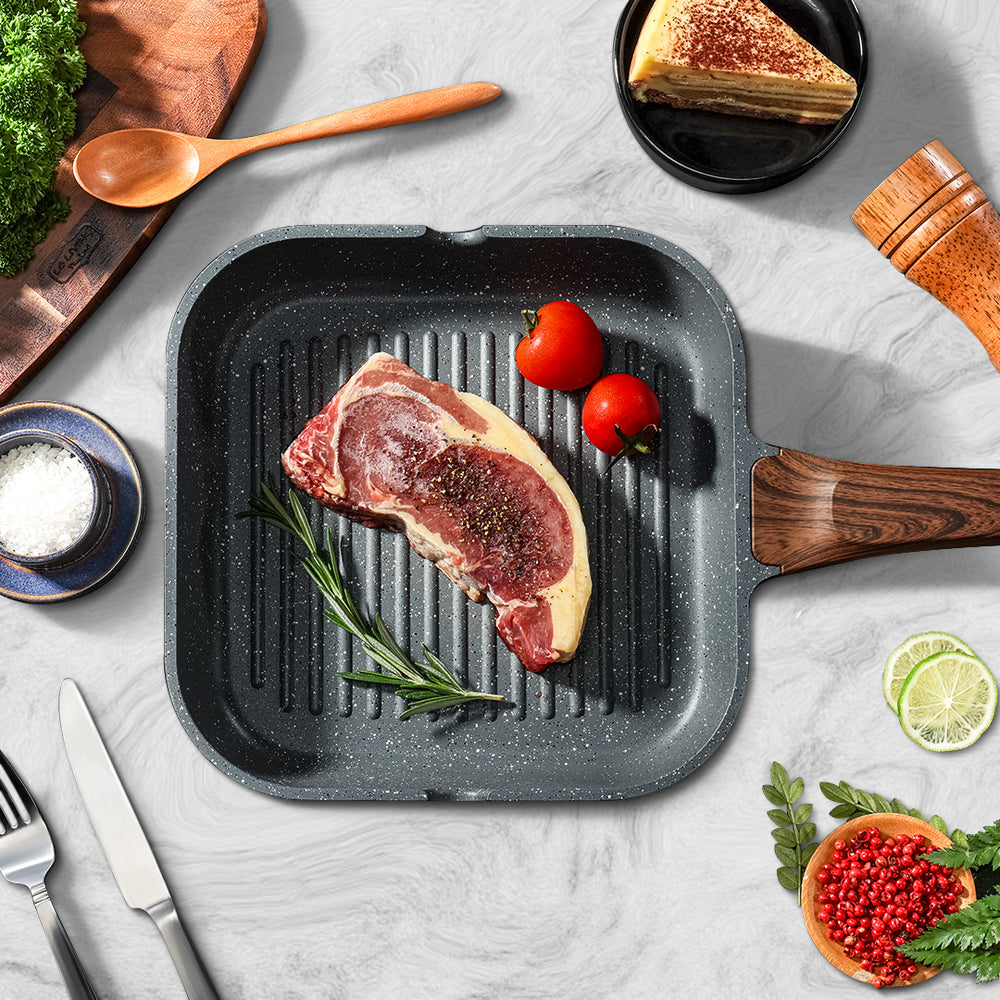Safeguarding Your Health: Understanding the Significance of Kitchen Hygiene and Food Safety

The importance of kitchen hygiene and food safety cannot be overstated. In the heart of every home, the kitchen is where meals are prepared and memories are made. It's crucial to prioritize cleanliness and proper food handling practices to ensure the health and well-being of your family. By maintaining a clean and safe kitchen environment, you not only prevent the spread of harmful bacteria and foodborne illnesses but also promote a healthy and enjoyable cooking experience. Let's explore the significance of kitchen hygiene and food safety, along with essential tips to incorporate into your daily routine.
Why Kitchen Hygiene and Food Safety Are Important
Preventing Foodborne Illnesses: Ensuring proper kitchen hygiene and food safety measures significantly reduces the risk of foodborne illnesses caused by harmful bacteria, viruses, and contaminants. These illnesses can range from mild discomfort to severe health complications, particularly for vulnerable individuals such as children, the elderly, and those with weakened immune systems.
Maintaining Ingredient Freshness and Quality: Proper kitchen hygiene and food safety practices also help in preserving the freshness and quality of ingredients. Cross-contamination, improper storage, and inadequate cleaning can degrade the taste, texture, and nutritional value of food items. By handling and storing ingredients correctly, cleaning utensils and equipment thoroughly, and practicing good hygiene habits, we can ensure that the flavors and nutritional benefits of our ingredients are preserved, resulting in better-tasting and healthier meals.
Promoting Overall Health: A hygienic kitchen contributes to overall health and well-being. By keeping your kitchen clean, you reduce the chances of pests and insects invading your space and contaminating your food. Additionally, practicing good kitchen hygiene encourages a clean and healthy mindset, leading to positive habits in other areas of your life.
Building Trust and Confidence: Whether you're cooking for your family, friends, or customers, maintaining kitchen hygiene and food safety builds trust and confidence. When people know that you prioritize their health and well-being by adhering to strict hygiene standards, they can enjoy the meals you prepare without worry. It enhances your reputation as a responsible and reliable cook or chef, creating a positive dining experience for everyone involved.
Tips to Keep Kitchen Hygiene and Food Safety
Hand Hygiene: Wash your hands thoroughly with soap and warm water for at least 20 seconds before handling food, after using the restroom, and after touching raw meat, poultry, or seafood. Proper hand hygiene is one of the most effective ways to prevent the spread of harmful bacteria.
Food Storage: Store raw meats, poultry, and seafood separately from ready-to-eat foods to avoid cross-contamination. Use airtight containers or plastic wraps to keep leftovers and perishable items fresh. Regularly check expiration dates and discard any expired or spoiled food.
Cleaning and Sanitizing: Regularly clean and sanitize countertops, cutting boards, utensils, and kitchen surfaces. Use hot, soapy water or a suitable disinfectant to remove bacteria and food particles. Pay special attention to areas prone to moisture and food residue buildup, such as sinks and refrigerator shelves.
Cooking Temperatures: Cook foods thoroughly to their recommended internal temperatures to eliminate harmful bacteria. Use a food thermometer to ensure that meats, poultry, and seafood reach the appropriate temperature. Avoid leaving cooked food at room temperature for an extended period and promptly refrigerate leftovers.
Cross-Contamination Prevention: Keep raw meats, poultry, and seafood separate from other foods during storage, preparation, and cooking. Use separate cutting boards, utensils, and plates for different types of ingredients. Clean and sanitize these items thoroughly after each use to prevent cross-contamination.
Personal Hygiene: Maintain personal hygiene by tying back long hair, wearing clean clothing, and avoiding coughing or sneezing directly over food. If you are feeling unwell or have an open wound, refrain from handling or preparing food to prevent the risk of contamination.
A clean and safe kitchen is the foundation of healthy and enjoyable meals. By prioritizing kitchen hygiene and food safety, you protect yourself and your loved ones from foodborne illnesses and maintain the nutritional integrity of your meals. Remember to implement proper hand hygiene, practice safe food storage and handling, and keep your kitchen surfaces clean and sanitized. By following these essential tips, you can create a safe and welcoming culinary space that promotes well-being and happiness for all.






Leave a comment